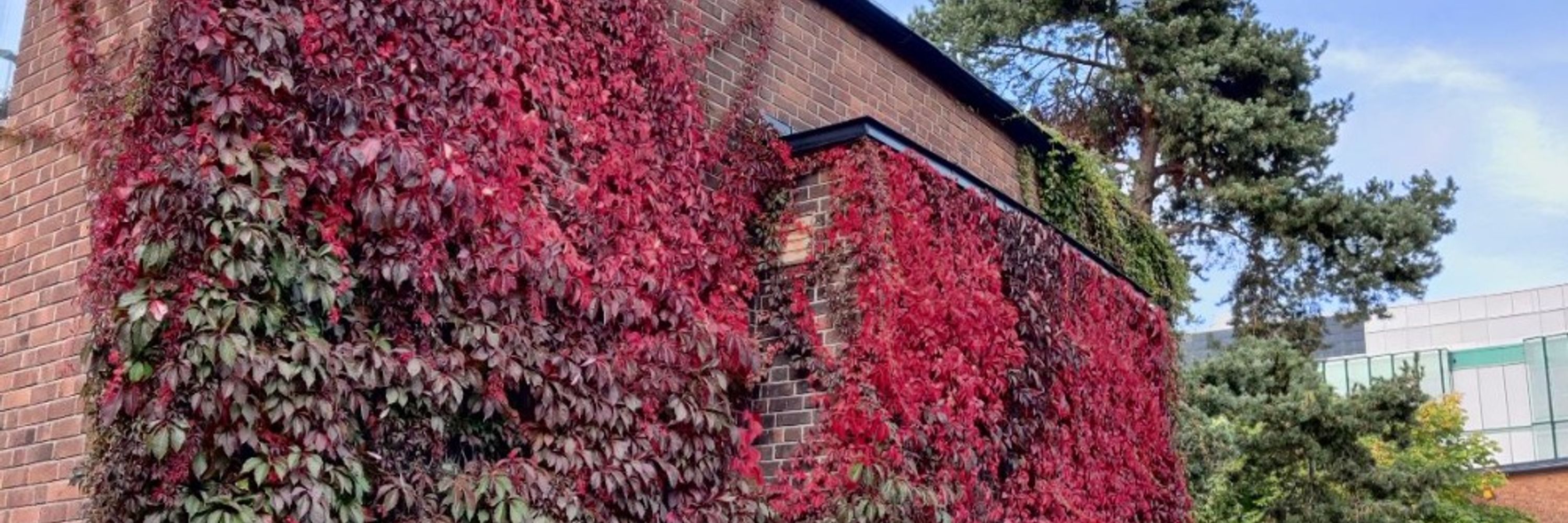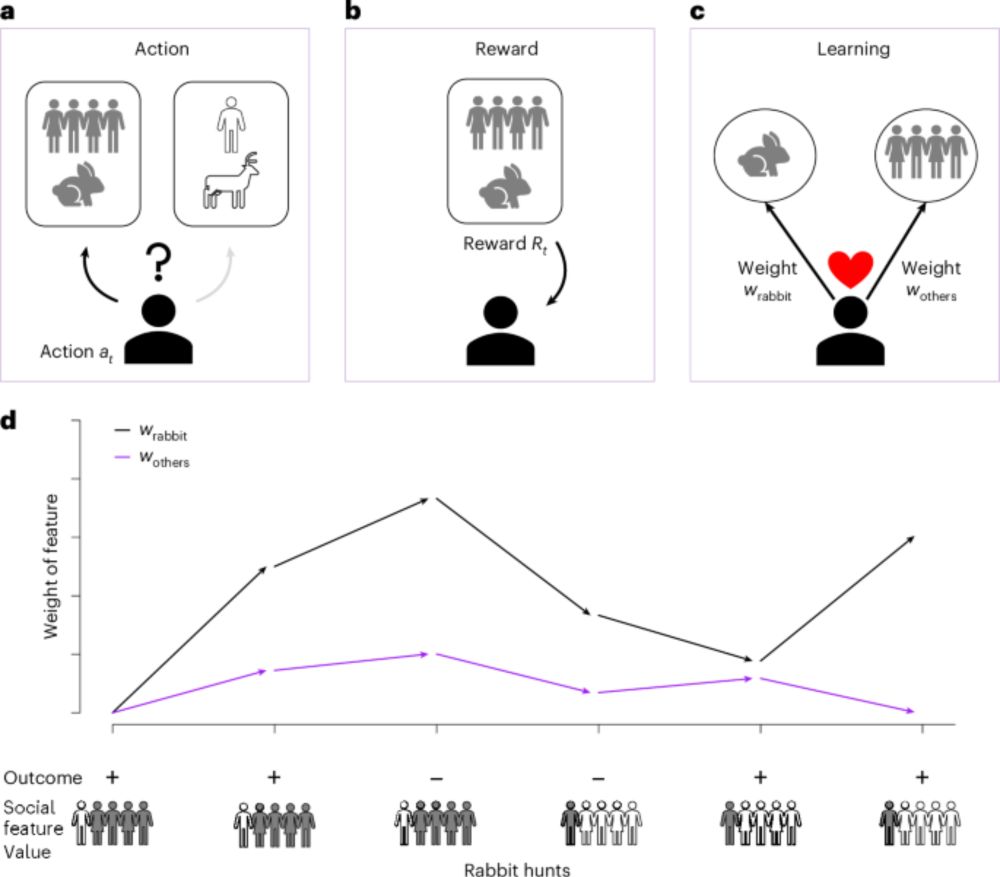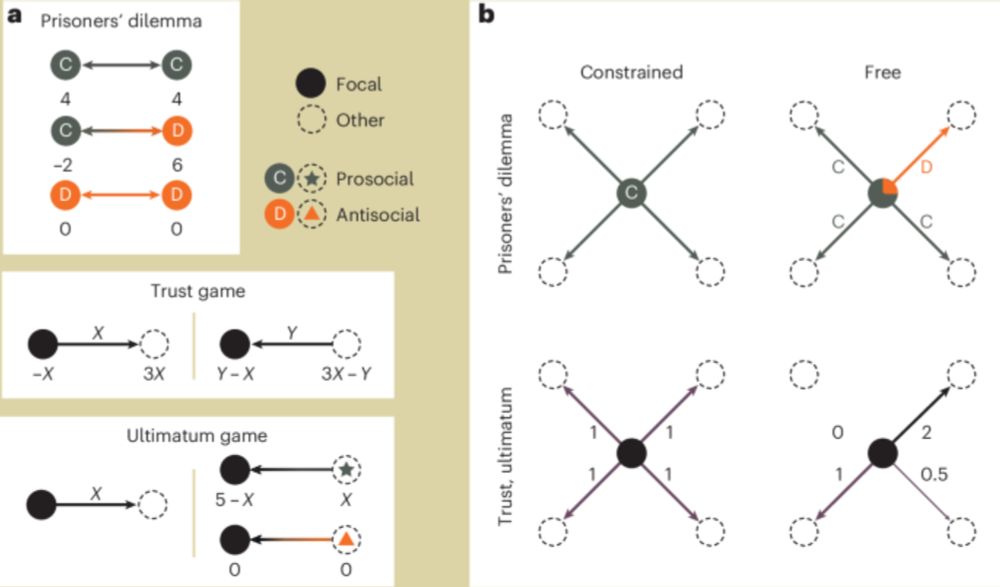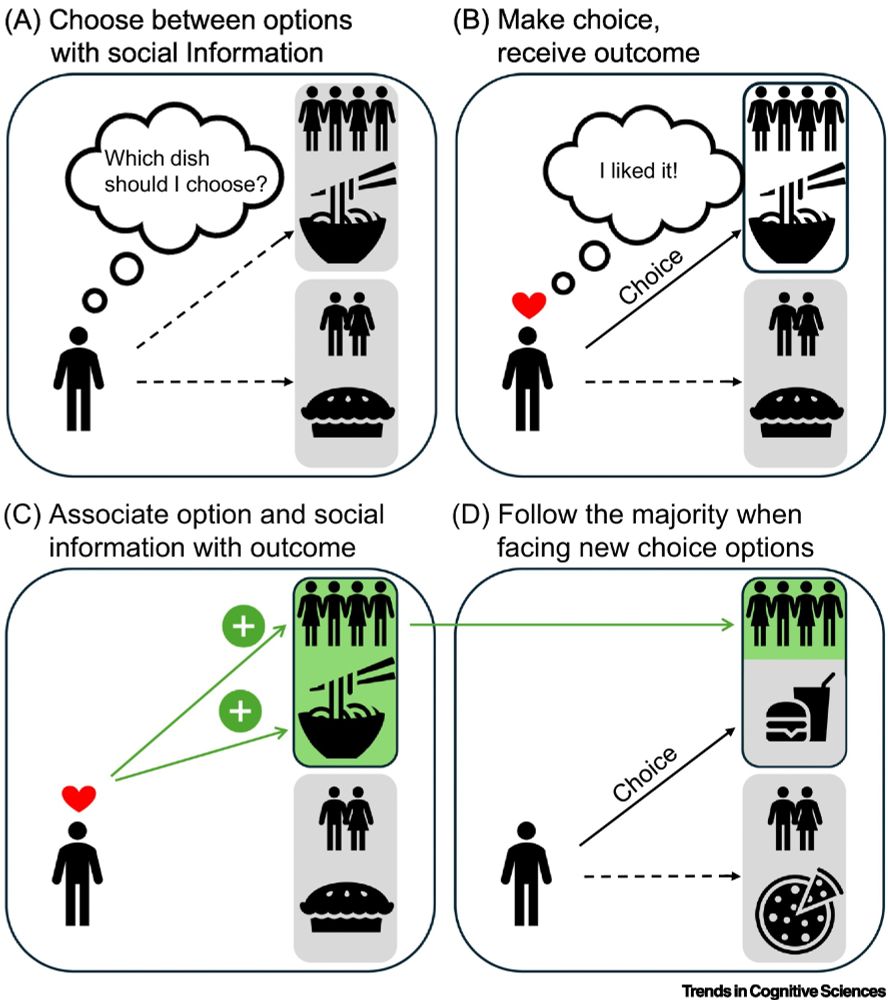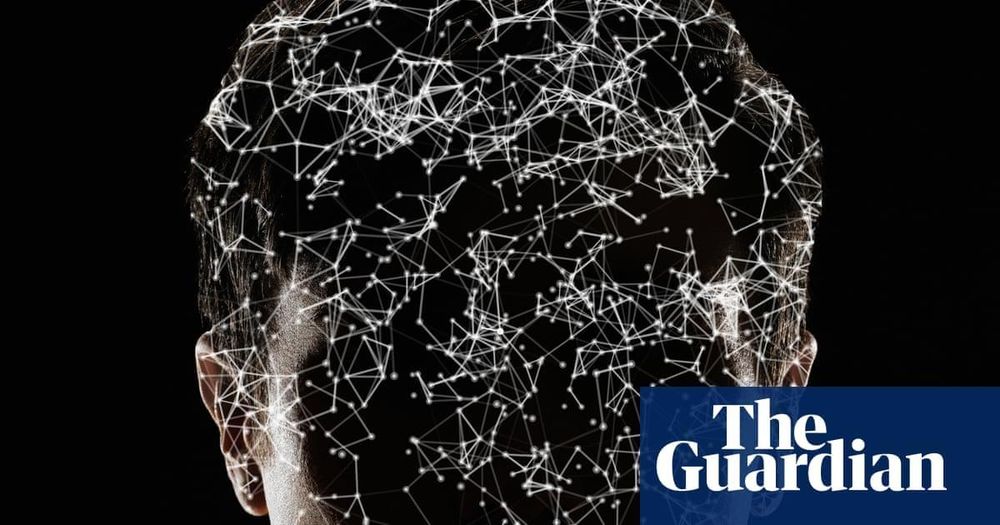Björn Lindström
@bjornlindstrom.bsky.social
940 followers
430 following
61 posts
Researching (social) learning and cultural evolution at Karolinska Institute, Sweden
Posts
Media
Videos
Starter Packs
Reposted by Björn Lindström
Reposted by Björn Lindström
Reposted by Björn Lindström
Reposted by Björn Lindström
Reposted by Björn Lindström
Reposted by Björn Lindström
Reposted by Björn Lindström
Reposted by Björn Lindström
Reposted by Björn Lindström
Reposted by Björn Lindström
Reposted by Björn Lindström
Reposted by Björn Lindström
Will Oremus
@willoremus.com
· Aug 26
Reposted by Björn Lindström
Reposted by Björn Lindström
Reposted by Björn Lindström
Petter Törnberg
@pettertornberg.com
· Aug 25

Vacancy — PhD Position on Improving Social Media Using Large Language Models
The Institute for Logic, Language and Computation (ILLC) at the University of Amsterdam is inviting applications for a fully funded PhD position in the NWO VIDI project "Improving Social Media Using L...
werkenbij.uva.nl
Reposted by Björn Lindström
